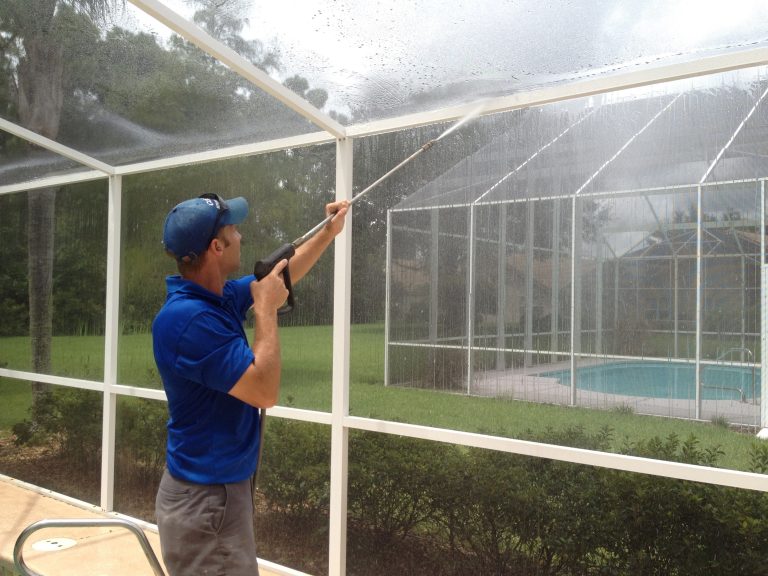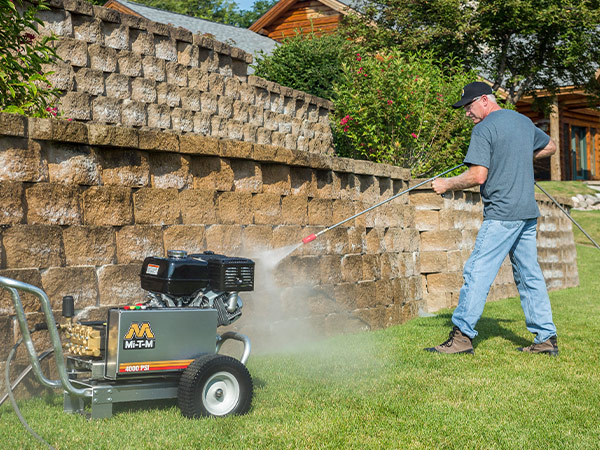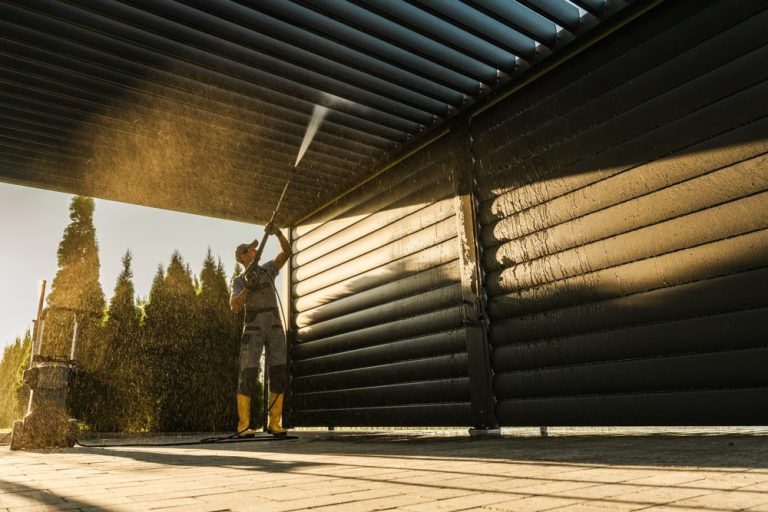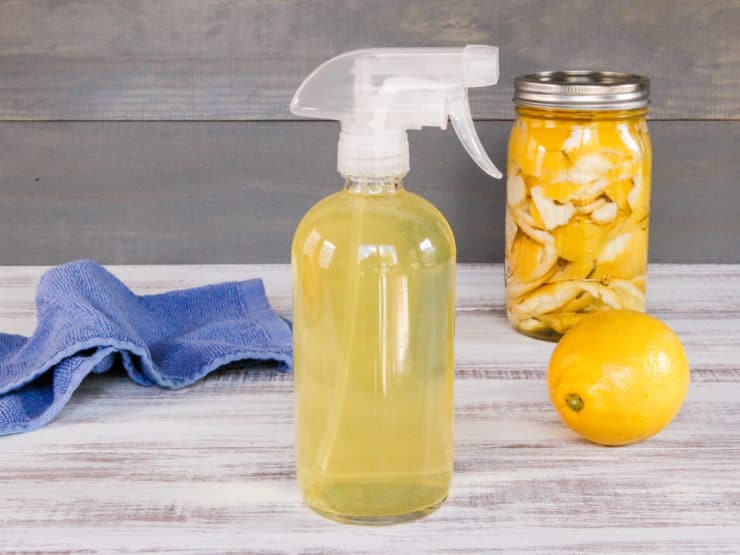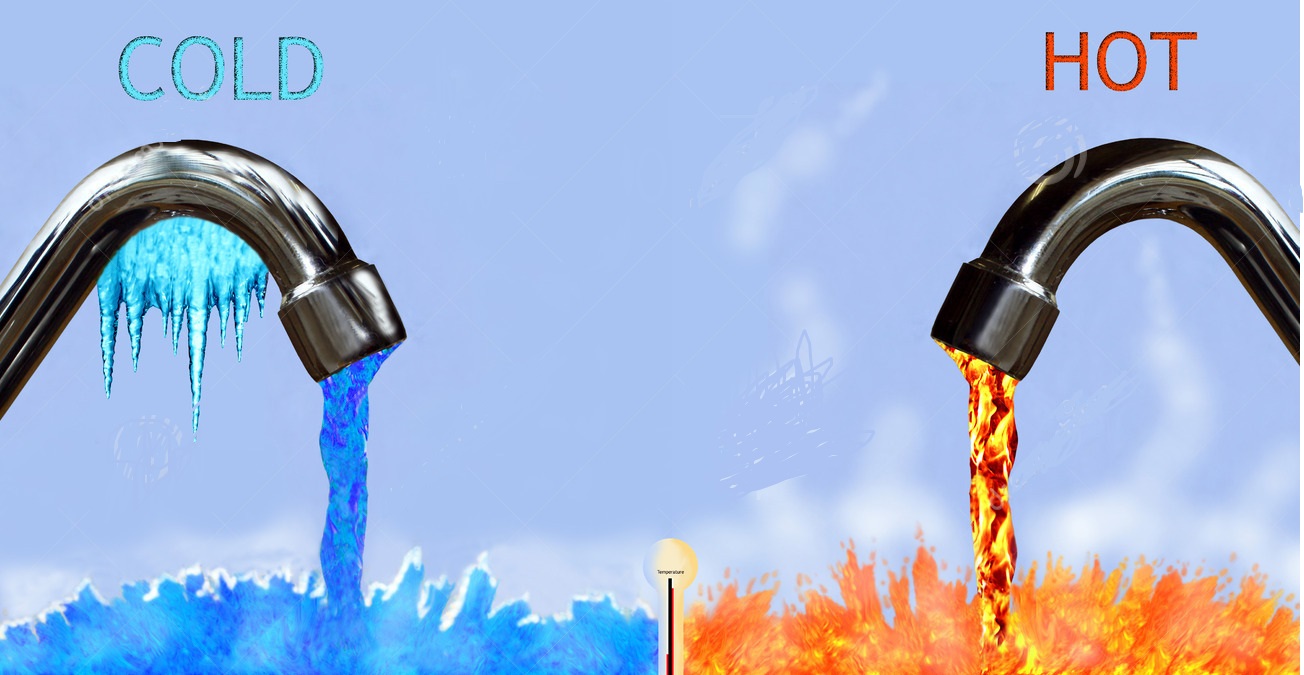
If you’ve ever browsed power washers online or rented one from a hardware store, you’ve likely seen two major types: hot water pressure washers and cold water pressure washers. But what’s the difference—and do you really need hot water to get a surface clean?
The answer depends on what you’re cleaning, how dirty it is, and how much efficiency you’re looking for. Let’s explore the pros, cons, and real-world uses of both to help you decide which is best for your next power washing project. 🧼🧠
🧪 The Science: How Does Water Temperature Affect Cleaning?
Hot water helps break down grime, oils, and grease more effectively than cold water. Just like washing dishes or your hands—warm water boosts the performance of soap and dissolves gunk faster.
In pressure washing, that translates to:
- 💥 Faster cleaning time
- 🧴 Better soap activation
- 🛢️ Easier removal of oily or sticky substances
That said, hot water isn’t always necessary—cold water does the job just fine for most home projects.
❄️ Cold Water Pressure Washers: What They’re Good For
Cold water units are more common, more affordable, and often more than enough for everyday cleaning.
✅ Ideal For:
- Siding and fences 🏡
- Patios and decks 🪵
- Driveways and sidewalks 🧱
- Windows and outdoor furniture 🪑
- Cars, boats, and bikes 🚗
Most grime, algae, mildew, and dirt come off with cold water when paired with the right detergent and technique.
🧽 Pros:
- Lower cost ($100–$400 for electric models)
- Lighter and more portable
- Less complex to operate
- No need for specialized parts or maintenance
Cold water units are perfect for homeowners doing seasonal cleaning or light-duty jobs.
🔥 Hot Water Pressure Washers: When You Might Need One
Hot water units typically heat water to 180°F–200°F and are often powered by gas with a diesel or propane burner. These are industrial-grade tools, often used in commercial cleaning.
✅ Ideal For:
- Grease and oil stains (auto shops, gas stations)
- Restaurant exteriors and dumpsters
- Heavy machinery or fleet washing
- Industrial kitchens and commercial concrete
- Graffiti removal (in combination with solvents)
🔥 Hot water breaks down hydrocarbons and sticky residue much faster, making it ideal for heavy-duty cleaning.
🧽 Pros:
- Cuts cleaning time significantly
- Removes grease without needing harsh chemicals
- More effective in cold weather
❌ Cons:
- Higher cost (typically $2,000–$5,000+)
- Heavier and less portable
- Requires regular burner maintenance
- Not always necessary for residential use
💡 Do I Need Hot Water for Home Use?
In most cases, no. Unless you’re trying to remove:
- Cooking grease on a BBQ area
- Oil spots from a garage or driveway
- Stubborn stains that soap won’t touch
…you’ll be just fine with a cold water pressure washer and the appropriate detergent.
🧴 Use a degreaser or heavy-duty cleaner for oil and grease. Let it dwell, scrub gently, and rinse—it works great even with cold water.
💸 Cost Comparison
| Feature | Cold Water | Hot Water |
|---|---|---|
| Average Price | $150–$500 | $2,000–$5,000+ |
| Maintenance | Low | High (burners, fuel) |
| Weight & Size | Light & compact | Heavy & bulky |
| Ideal Use | Home/light-duty | Commercial/heavy-duty |
🧰 If you’re a homeowner with basic cleaning needs, investing in hot water just isn’t worth the extra cost.
🧼 Key Tips for Both Systems
- Always pre-treat stains with the right detergent
- Use the correct nozzle (25° or 40° for general cleaning)
- Test a small area first before tackling the whole surface
- Rinse thoroughly to avoid streaks or chemical residue
- Use eco-friendly soaps whenever possible 🌿
And remember: water pressure matters more than temperature in most scenarios. PSI (pounds per square inch) and GPM (gallons per minute) determine the true cleaning power.
🧯 Safety Note
If using a hot water unit:
- Wear gloves and eye protection
- Watch for steam burns
- Be cautious of overheating surfaces or stripping paint
🚫 Never use hot water on delicate surfaces like windows, vinyl siding, or painted wood.
✅ Final Thoughts
While hot water pressure washers have their place in commercial and industrial settings, most homeowners don’t need one. Cold water models, combined with the right cleaning agents and technique, can handle nearly every residential cleaning task with ease. 🧽
Think of it this way:
- Grease or oil? Hot water might help.
- General dirt and mildew? Cold water does the trick.
So unless you’re running a car wash or cleaning oil rigs, save your money and go with cold—your siding, your wallet, and your Saturday afternoon will thank you. 💧🏠🔥
